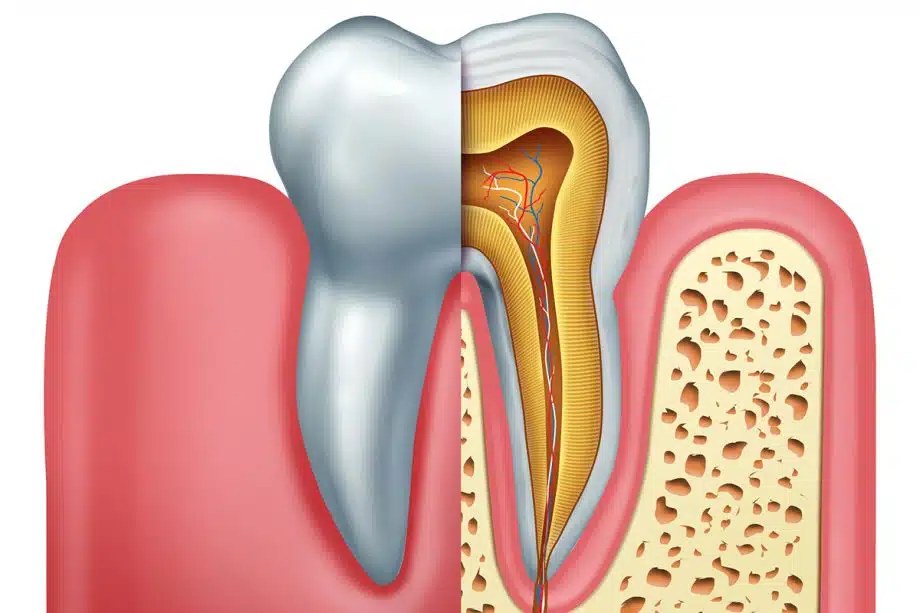A root canal is a common dental procedure. It is used to treat an infected tooth or one that is at risk of infection. Somehow the root canal got a false reputation for being a long and painful procedure, when it is essentially painless and relatively short.
If you need a root canal, you may have some questions, such as:
- How long does a root canal take?
- What does the procedure entail?
- Why do I need a root canal?
Learn the answers to these questions and more in this overview of root canal therapy.
Average Length of a Root Canal Procedure
A basic root canal procedure should take between 30 and 60 minutes. A complex root canal could take as long as 90 minutes to complete. In general, the procedure is comparable to a cavity filling in terms of the time you’ll spend in the dental chair.
The Root Canal Procedure
The first step in the root canal procedure is administering anesthesia. A root canal can be done with just local anesthesia in most cases, unless the patient would prefer sedation. Once the area around the tooth is numb, the dentist will make a small hole in the crown of your tooth to access the inside chamber of the tooth, called the root canal. The root canal contains dental pulp, the soft tissue inside each tooth made up of blood vessels and nerves.
The pulp will be removed and the root canal will be flushed out to remove all of the soft tissue. Then the root canal will be filled with a rubbery filling that replaces the pulp and is resistant to infection. In most cases a crown is placed over the tooth to seal the root canal and protect the remaining tooth material.
Reasons for Getting a Root Canal
Root canal procedures are done for a few different reasons:
- Infected tooth. If bacteria finds a way into the root canal of a tooth it can infect the dental pulp. An infected tooth can be extremely painful, and if it is not treated promptly the tooth might not be saved.
- Deep cavity. A cavity is a hole in the tooth enamel caused by plaque. The bacteria in plaque eat away at the enamel, forming an indentation. If a cavity becomes deep enough, it can reach all the way through the enamel and dentin into the root canal, leaving it susceptible to infection. If the cavity can be treated with a root canal early enough, an infection can be avoided.
- Severely decayed tooth. If a tooth has multiple cavities that are large and deep, the tooth may need a root canal and a crown restoration.
- Painful tooth. A tooth that is painful or extremely sensitive may indicate the need for a root canal. Pain and sensitivity are caused by exposure of the nerves inside the tooth.
- Cracked, chipped, or broken tooth. If a tooth is cracked, chipped, or broken it can allow bacteria to get into the root canal and infect the pulp. In most cases a root canal should be done before the enamel is repaired or a crown is placed on the tooth.
Is a Root Canal Worth the Time?
If you want to keep your natural tooth, a root canal is certainly worth the time. Most patients agree that 30-60 minutes is a small portion of time when compared to keeping your natural tooth in place for the rest of your life. Getting this simple, quick procedure done can also save you a lot of money, as tooth replacements are costly and leaving a gap in your mouth causes other oral health problems that are costly to fix.
Barkoff Dental Provides Root Canal Therapy
At Barkoff Dental, root canals are a quick and easy process for saving a tooth. We provide this procedure among other general dental services with the goal of preventing and treating dental issues so that your natural teeth can stay in place.
To learn more, call 516-921-1133 or contact us today to schedule an appointment.

